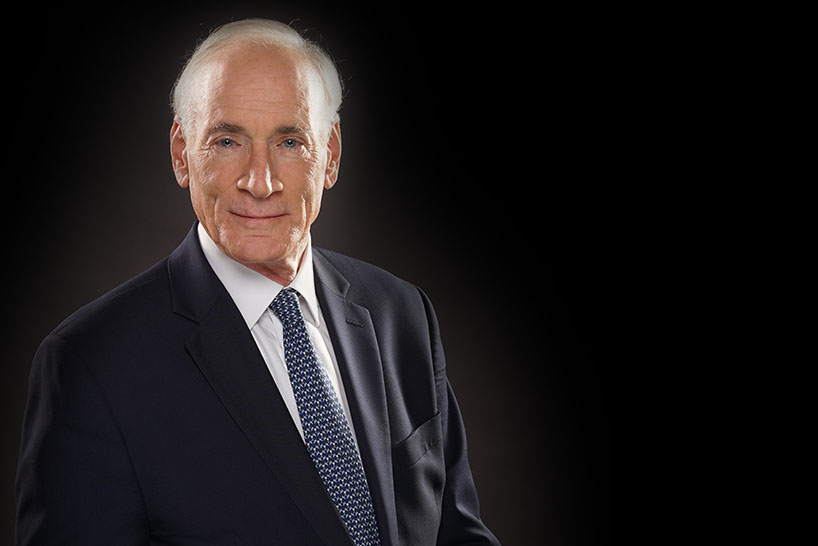Trademark Infringement & Dilution
If someone uses your trademark without your permission, it is called trademark infringement. In determining whether there has been a trademark infringement, courts will look at whether there is a “likelihood of confusion” between your trademark and the other mark. That is, whether the consumer would likely be confused as to who is the source of the goods or services. Courts consider several factors in deciding whether there is a likelihood of confusion, such as the strength of your mark, the similarity of the marks, whether there has been actual confusion, and the intent of the defendant in using your trademark.
If a trademark becomes famous, like Nike or Xerox, the owner can also sue for trademark “dilution.” Dilution happens when a trademark’s distinctive quality is blurred or tarnished by another mark. There does not have to be any likelihood of confusion. The trademark is tarnished when a similar mark is placed on an inferior product of lesser quality, even if it is a totally different product.
If you sue someone for infringing on or diluting your trademark, they can raise several defenses to that claim. The two main defenses are fair use and parody. The fair use defense applies to descriptive trademarks and argues that the trademark was used in good faith for its primary meaning, not the secondary meaning that is protected. A similar defense is called nominative use, which happens when the use of the trademark is necessary to identify the other product. For instance, a running magazine cannot do a survey about who wears which Nike products without using the trademarked name Nike. Another defense is when the trademark is used in a parody or other critical analysis. In these situations the First Amendment right to free speech outweighs the rights of the trademark owner.
If you win a trademark infringement lawsuit, the following remedies may be available:
- Prevention of the defendant from using the trademark
- Recovery of the defendant’s profits that resulted from the infringement
- Recovery of losses suffered as a result of the infringement
- Triple the damages, if you can prove the defendant acted “in bad faith,” meaning it was not accidental
- Potential recovery of attorney’s fees
The remedy for dilution is much more limited. Damages are only awarded if the defendant purposefully tried to profit by using a trademark similar to the famous one.
Before you start using a trademark, you should do some research to make sure no one else is using it. This is called “clearance.” You can hire a company to do the trademark search, or you can do it yourself by looking on the internet and searching the USPTO database. You should also search for variations on the name that could be considered infringing. If you find that the trademark you are considering is already in use by a third party in connection with the same or similar goods or services, or that a third party is using a confusingly similar trademark in connection with the same or similar goods or services, you should find another trademark. It is not worth it to proceed and hope for the best. Your business could be financially ruined by a trademark infringement case.
Legal Editors: Lawrence Goodwin and Stacy Grossman, July 2016 (updated December 2018)
Changes may occur in this area of law. The information provided is brought to you as a public service with the help and assistance of volunteer legal editors, and is intended to help you better understand the law in general. It is not intended to be legal advice regarding your particular problem or to substitute for the advice of a lawyer.
Our Lawyers

Lawrence G.
LRS Lawyer
Our lawyers are screened and approved – they have all gone through an application and interview process. Each lawyer we recommend has been screened for significant experience, knowledge of ethics codes and rules, and law office practices, including customer service skills and handling of fees and billing.
About Us
When you call us, you will be speaking with an attorney. One of our attorney referral counselors takes your call and talks with you about your legal question, or reviews your online referral request. There is no charge to speak with one of our attorney referral counselors -- we’re here to help.

